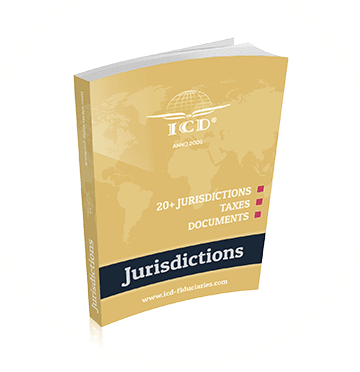Setting up a business in the UAE has become an increasingly attractive option for entrepreneurs and investors around the world. The UAE offers a dynamic business environment, strategic location, and a favorable tax regime. This article provides a comprehensive guide on how to successfully set up a business in the UAE, covering key aspects such as market considerations, legal entities, visa requirements, cost structures, and operational activities.
Understanding the uae market
The UAE market is characterized by rapid growth, economic stability, and a strong consumer base. Here are some critical factors to consider:
Market potential
The UAE has one of the fastest-growing economies globally, driven by its oil-rich heritage and diversification strategy. Key industries include real estate, tourism, logistics, finance, and technology. Investing in these sectors could yield substantial returns due to high demand and government support.
Competition analysis
Thoroughly analyzing the competition can help refine your business strategy. Utilize market research tools to understand current competitors, their market share, strengths, and weaknesses. Identifying gaps in the market can offer opportunities for innovation and differentiation.
Consumer behavior
Understanding local consumer behavior and preferences is vital. UAE consumers are tech-savvy and value quality, convenience, and brand reputation. Businesses that align with these preferences are likely to succeed.
Choosing the right entity for your business
Selecting the appropriate legal entity is crucial for navigating regulatory landscapes and optimizing operations. Below are common types:
Mainland companies
Mainland companies offer unrestricted access to the local market. They must have a local sponsor who holds at least 51% ownership and may operate across various business activities without geographic limitations.
Free zone companies
Free zones provide numerous advantages like full foreign ownership, tax exemptions, and simplified customs procedures. However, they restrict direct trade within the UAE market unless through a local distributor. Popular free zones include Dubai Multi Commodities Centre (DMCC) and Jebel Ali Free Zone (JAFZA).
Offshore companies
Offshore companies are ideal for international business activities, offering benefits like asset protection, confidentiality, and minimal reporting requirements. They cannot conduct direct business with residents but facilitate global transactions seamlessly.
Navigating visa requirements
Smoothing out visa processes ensures seamless onboarding of employees and stakeholders. Here’s what you need to know:
Investor visas
Investors can apply for an investor visa, which grants them residency status. This type of visa generally requires a significant initial capital investment and proof of business activity.
Employment visas
Once your business is licensed, you can sponsor employment visas for expatriates. Requirements typically include education certificates, medical examinations, and documentation proving the business’s legitimacy.
Residence visas
A residence visa allows individuals to live and work in the UAE. Packages often include health insurance and other benefits. Understanding the tenure and renewal process can help manage long-term staffing plans effectively.
Cost implications and fee structures
Evaluating costs thoroughly helps establish a sustainable business model. Consider the following expenses:
Registration and licensing fees
Initial registration usually involves several fees, including trade name reservation, initial approval, and licensing charges. These vary based on your chosen business setup and geographical location.
Office space and utilities
Renting or purchasing office space often represents a significant ongoing expense. Free zones typically offer flexible office packages catering to different sizes and budgets. Utilities also add up, so plan accordingly.
Salaries and wages
Offering competitive salaries can attract top talent. Evaluate industry standards to ensure your compensation packages are enticing while remaining sustainable for the business.
Streamlining business activities
Operational efficiency is essential for sustaining growth and profitability. Focus on:
Regulatory compliance
Adhere to all local laws and regulations to avoid penalties and operational disruptions. Regularly update licenses, renew visas, and comply with labor laws to maintain smooth operations.
Financial management
Effective financial management systems are indispensable. Use reliable accounting software, keep detailed records, and regularly audit finances. Partnering with a local accounting firm can streamline complex financial tasks.
Marketing and outreach
Invest in comprehensive marketing strategies to reach your target audience. Leverage social media platforms, influencer partnerships, and local events for maximum engagement and brand visibility.
The journey of establishing a business in the UAE involves careful planning, thorough market understanding, strategic selection of business entities, meticulous handling of visa protocols, prudent financial planning, and streamlined daily operations. By comprehensively addressing these fundamental aspects, investors and entrepreneurs can significantly increase their chances of thriving in the dynamic and lucrative UAE market.




 8.00–17.00
8.00–17.00





